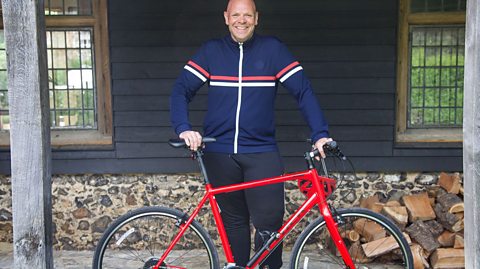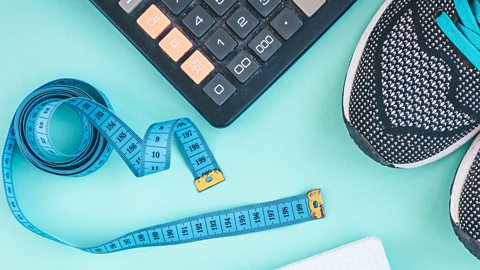Diet and exercise calculator: What’s the right plan for you?
Lose Weight and Get Fit with Tom Kerridge is on BBC iPlayer. Tom Kerridge’s Lose Weight for Good is on BBC Two on Monday at 7pm.
Trying to lose weight? Or just want to make sure you eat enough calories to fuel your exercise regime? Use our calculator to find out how many calories you need – and how many your exercise session will burn. If you have an overweight BMI and want to lose weight, you can do so safely by cutting up to 500 calories from your daily requirement. Alternatively, combine a smaller calorie reduction with an exercise programme that adds up to a daily calorie deficit of 500.
How the calculator works
Our calculator asks you for your activity level, with a choice of five categories, in order to calculate your calorie requirement. Remember – this is activity before your exercise session is taken into account. If you’re an office worker who drives to work and does little activity in your day-to-day life, you’ll be in the sedentary category. If you have an extremely physically demanding job that requires almost continuous lifting and/or other strenuous exertion, you’ll be in the fifth category – but let’s be honest, very few people are in this group.
You can then enter the type of exercise you plan to do and how long your exercise session will be. Our calculator will tell you how many calories it will burn. If you want to maintain your weight you can add these calories to your daily requirement.
How much exercise should you do per day?
If you’re baffled by exercise and weight-loss messages, you’re not alone. We know it’s important to exercise every day, but we’re told it can take several hours of brisk walking to burn off a single slice of cake. So what is a healthy exercise and diet pattern – and how the heck can you achieve it if your work requires you to sit down for several hours a day?
The NHS tells us adults should aim for at least two-and-a-half hours of moderate cardio exercise, or 75 minutes of vigorous exercise, per week. But what does this mean – and how many calories will it actually burn?
To find out, you need to know about RPE. For those of us who’ve never heard of it, that’s Rate of Perceived Exertion. It’s a scale of 0–10, which corresponds with your feeling of breathlessness when you exercise. If you’re lying on the couch, you’re coming in at around, er, 0. If you’re putting your shoes on, you’re scaling the dizzy heights of 0.5. When you start to find it difficult to hold a conversation due to breathlessness you’re at 5, and when conversation requires maximum effort you’re at 8. If you can’t talk at all, you’re at 9–10.
So, if you ride a bike, walk quickly or do aerobics, congratulations – you’re doing moderate exercise. For exercise to be classed as vigorous, you need to be at 7–8.

Can you eat more if you exercise more?
Yes – but you might be surprised by the number of calories your session will burn! If you weigh 60kg, 30 minutes of cycling for leisure will burn around 120 calories, swimming around 180 calories and jogging around 210 calories. If you want to keep your weight in check, it’s vital you don’t over-estimate this. But exercise has more benefits than weight management, so don’t be put off it it seems like it’s not burning many calories.
Is it crucial to stick to your calorie requirement?
If you want to lose weight, it’s essential you burn more energy (calories) than you take in. But if you’re managing your weight well, there’s no need to meticulously count calories. If you eat a little more or less than you need in a day, you may naturally compensate for it on another day.
Importance of strength exercises
The NHS advises we should do strength exercises on two or more days a week in addition to our cardio work.
